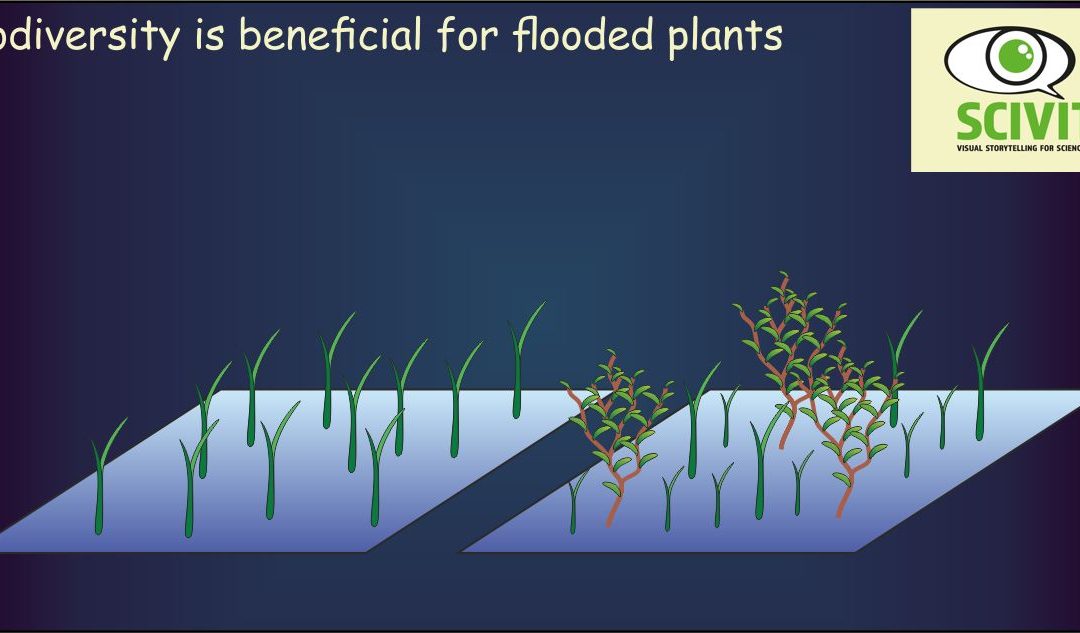
von Thomas Fester | Jan. 31, 2017 | Ecology, News
What can you do when your biodiversity experiment has inadvertently been flooded by a nearby river? Well, you take it as an opportunity and look at recovery rates. This is at least what people did in the Jena biodiversity experiment which comprises plots with 1 to 16...
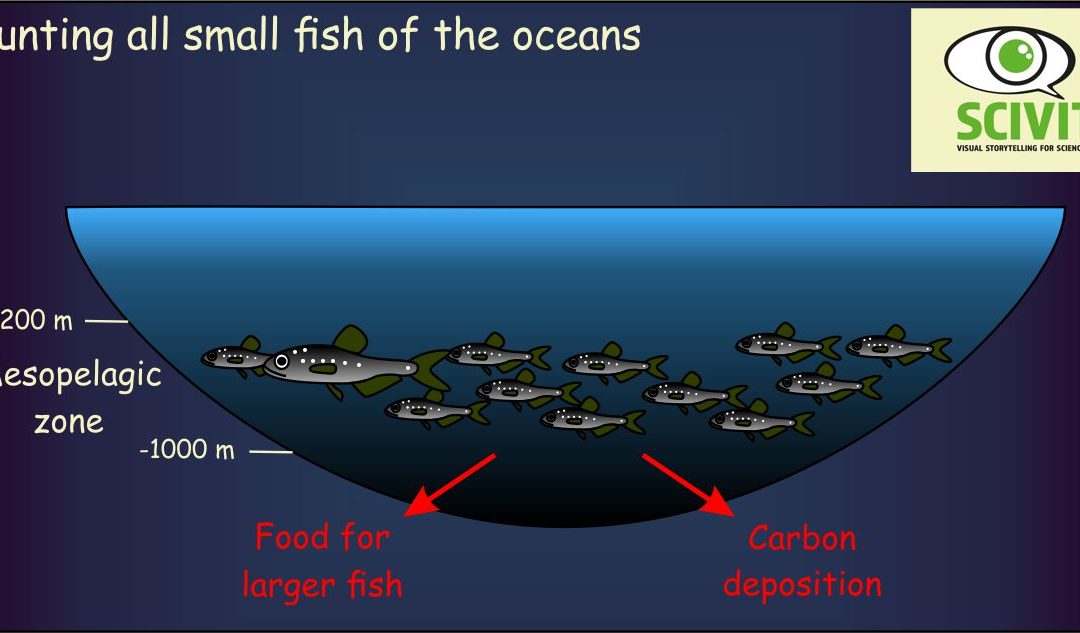
von Thomas Fester | Jan. 31, 2017 | Ecology, News
The mesopelagic zone – home of the ocean’s small fish Ocean layers between 200 and 1000 meter depth harbour large numbers of animals. There is zooplankton and small fishes living from the photosynthetic plankton from the top marine layers. These organisms...
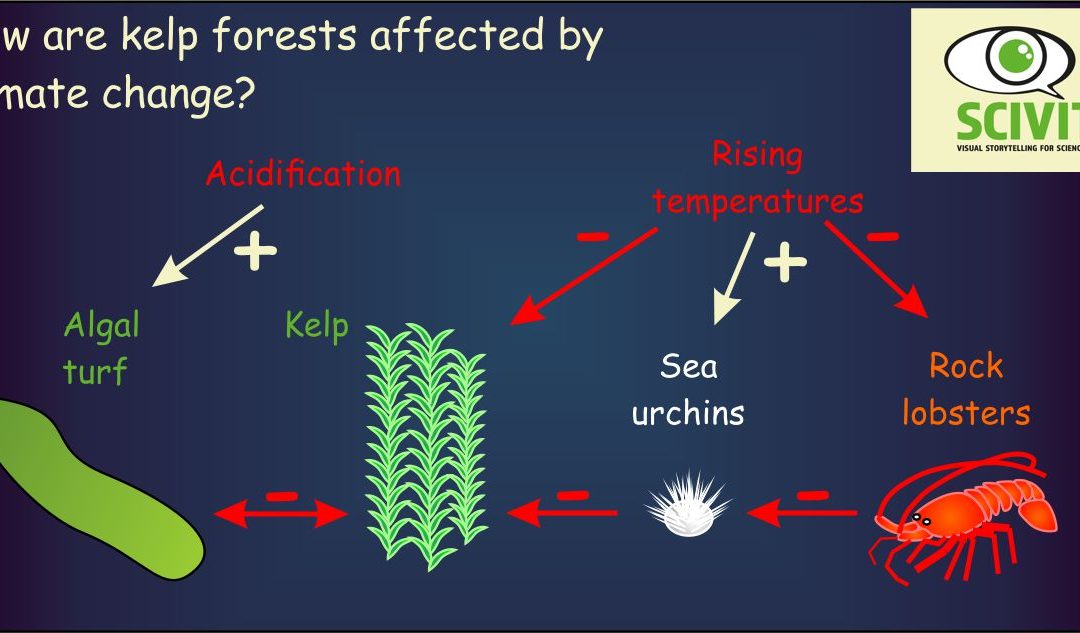
von Thomas Fester | Jan. 31, 2017 | Ecology, News
Human impact on kelp forests Kelp forests populate continental shelves in temperate and polar climate zones. They provide livelihood for a large number of animal species. Kelp forests are already under pressure from human impact like marine pollution, direct harvest...
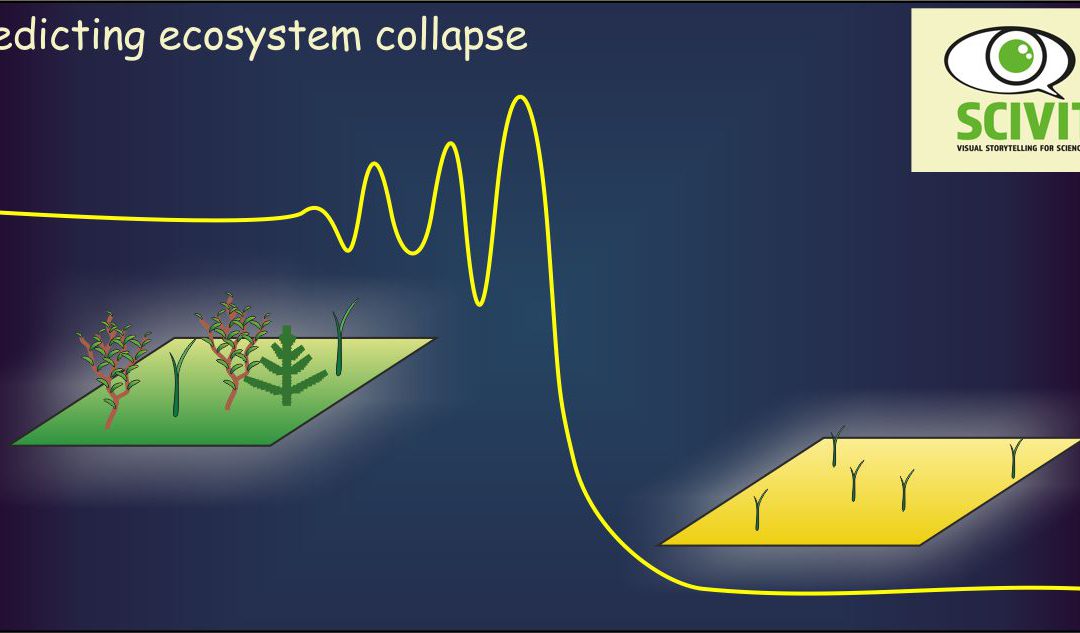
von Thomas Fester | Jan. 13, 2017 | Climate Change, Ecology, News
The human impact on ecosystems Humans are constantly exerting pressures on ecosystems. We are imposing rising temperatures, carbon dioxide and all kinds of chemicals. We are removing material (like wood or fruits) from ecosystems and we are introducing new species....
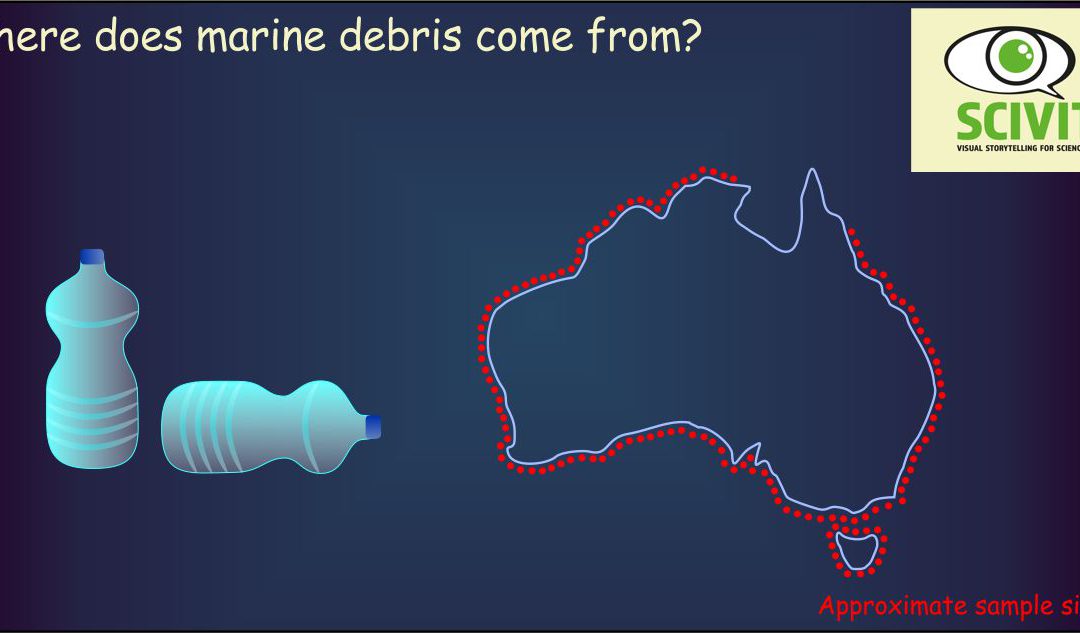
von Thomas Fester | Jan. 13, 2017 | Ecology, News
Global plastic production is increasing exponentially, accompanied by the accumulation of plastic debris in our seas. Debris affects marine animals, shipping routes and tourism and is increasingly regarded as a threat to marine ecosystems. But where does the debris...
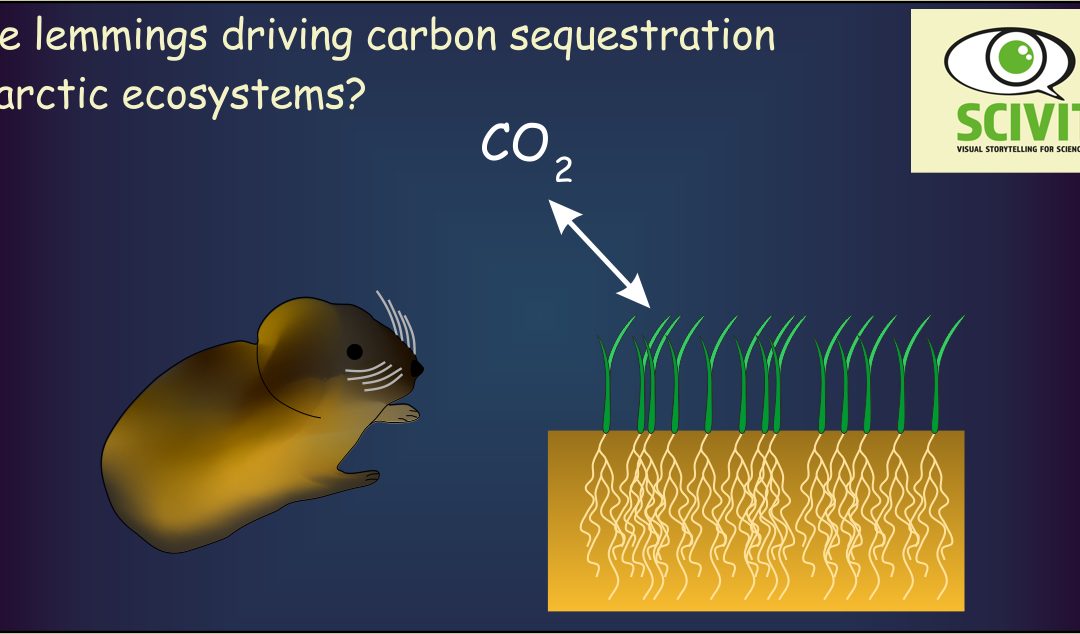
von Thomas Fester | Jan. 13, 2017 | Climate Change, Ecology, News
A delicate balance determines the sink or source character of soils. Soils may either serve as a sink or as a source for carbon dioxide. They are sinks, when the formation of organic matter by plants dominates. The preponderance of microbial degradation of soil...







Neueste Kommentare